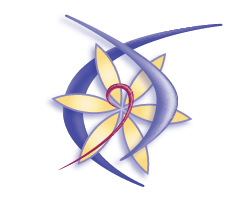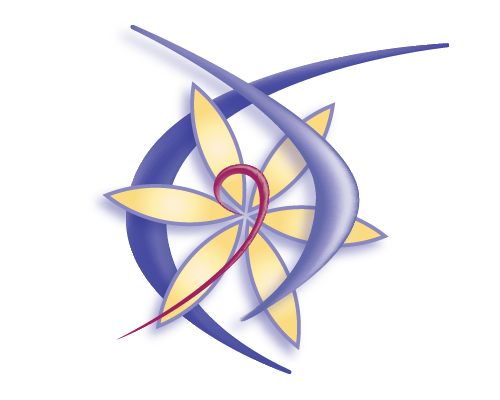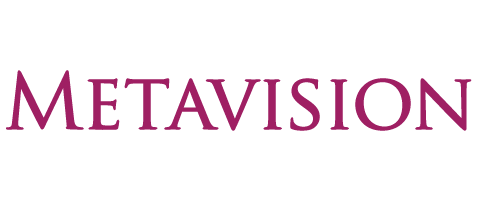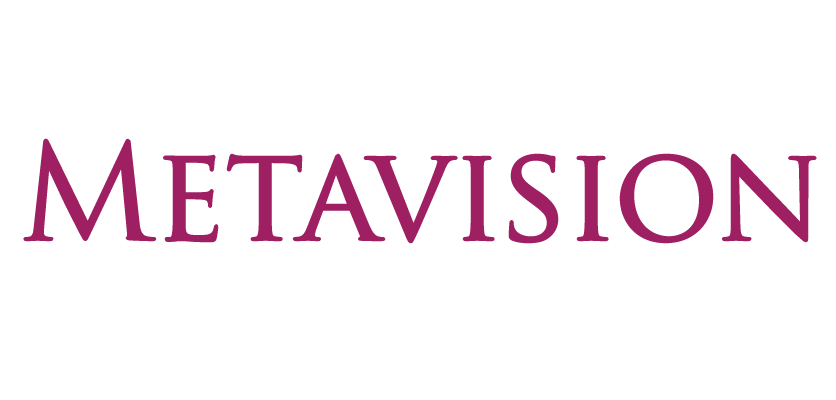Unit Description
This unit will provide students with an overview of trauma, how it manifests in the body, mind and behaviour.
This unit will provide students with an overview of trauma, how it manifests in the body, mind and behaviour with reference to neurobiopsychological research; understanding and assessing stress, acute and longer term reactions, including PTSD with reference to the DSM5; treatment principles and options with a focus on the Process Oriented approach to working with trauma and abuse, non-verbal somatic and experiential interventions. The unit presents contemporary trauma theories, psychological disorders that may develop in the aftermath of traumatic events. Students will develop knowledge and skills in working with the body and somatic awareness, the Metacommunicator, signal reading skills and the sensitive use of feedback to ensure that edges are negotiated with gentleness and awareness. The holistic understanding of the human being developed by students in the Specalist Training Program to date will be applied in analysing case studies and client presentations for trauma and abuse. An energetic and contextual understanding will be discussed in class and applied to study and assignments. Students’ own issues are usually a part of the experiential learning at Metavision. Issues of trauma and abuse can be easily triggered and so safety, self-awareness and self care will be emphasized. Students will be encouraged to develop inner awareness of their own vulnerabilities with the support of their own therapy, supervision and study buddies. It is vital in this work to safeguard both students and clients. Inner work and self-reflection continue to be an integral part of the unit.
Unit Code
202S
Unit Type
Core Unit
Study Period
Semester 1, Year 2
Credit Points
4.5
Unit Coordinator
Consultation Times
30 minutes before and after workshop intensives and by appointment during the semester
Learning Outcomes
- (a) Articulate an integrated holistic, somatic and process oriented approach to working with trauma and abuse
- (b) Demonstrate skills in facilitating safe and authentic relationships with clients
- (c) Skilfully apply and analyse verbal and non-verbal skills and experiential and creative methods for working with trauma
- (d) Differentiate approaches for assessing and working with different kinds of trauma
- (e) Appropriately identify when to refer clients for treatment by psychiatrists and other health professionals, and demonstrate effective referral skills
- (f) Articulate the impacts of vicarious trauma and develop self-care plans
- (g) Recognise when their own vulnerabilities are unresolved or triggered and seek appropriate therapy and/or supervision.
Graduate Attributes
| Attributes | Statement |
|---|---|
| Collaboration | Our graduates will have advanced skills in collaborating respectfully with colleagues, teams and clients to enhance productive outcomes and manage conflict skilfully |
| Ethical practice and integrity | Our graduates will demonstrate high ethical standards in their work and follow professional Codes of Ethics to do good (beneficence) and avoid harm (maleficence) |
| Professionalism | Our graduates will have a highly developed understanding of their work roles and responsibilities and uphold a high level of professional conduct in their work |
| Holistic awareness | Our graduates will have an in-depth understanding of how the physical body, the psyche and mind/ spirit/self are in constant interaction and relationship with each other and with the environment |
| Communication | Our graduates have well-developed written and oral communication skills, including listening deeply and receiving, interpreting and transmitting complex information, on many levels of awareness with colleagues, clients and the community |
| Lifelong learning | Our graduates have the skills necessary to successfully manage their careers and continue their personal and professional development in rapidly changing environments across their career spans |
| Critical thinking | Our graduates have critical thinking skills necessary to evaluate and analyse information and make informed professional judgements |
Delivery Mode
Workshop intensives
Online delivery
1 hour Zoom discussion
Study Buddy activities
Eight hours over the semester
- Student workload
The total unit workload is equivalent to 9.75 hours per week over the semester, 156 hours in total.
- 20 hours on-campus workshop intensives
- 1 hour zoom discussion
- 8 hours study buddy work
- 128 personal study hours
Available in Courses
This unit is available in the following courses:
Specialist Training in Holistic Counselling & PsychotherapyCreated: 28 Jun 2021, 5:07 p.m. • Updated: 13 Feb 2023, 3:03 p.m.



